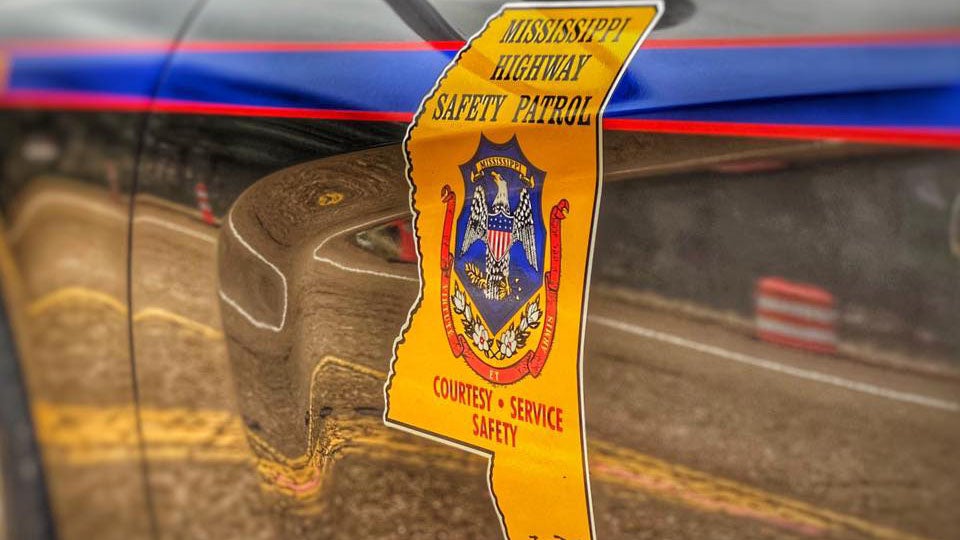Candidates discuss ‘tax swap’ proposal
Published 5:00 am Wednesday, June 27, 2007
Editor’s note: The DAILY LEADER is continuing its questionand answer session with House District 92 candidates today withtheir views on a cigarette tax increase-grocery tax cut measure.All four candidates responded. The series will conclude Tuesdaywith candidates’ comments on the Mississippi School of theArts.
Cigarette tax increase and grocery tax cut measures wonwidespread approval in recent legislative sessions, but werethwarted by Gov. Haley Barbour amid his concerns about uncertainrevenue streams following Hurricane Katrina. Do you favor the “taxswap”? Why or why not?
Paul Barnett:
I am not in favor of the “swap” as presently outlined. The ideaof swapping one tax for another does not appeal to me. I firmlybelieve each tax should be given careful consideration in terms ofthe cause and affect on the consumer, local and stategovernment.
* I will actively pursue eliminating the tax on over the countermedication.
* I will actively pursue a reduction in Personal Income Tax;thereby increasing household incomes.
* I will support a modest increase on tobacco products providedassociated tax revenues are properly allocated for tobacco-useprevention and to offset the increasing related medical carecosts.
* I will support an economically viable tax reduction ongroceries.
Everett Gene Buckles:
Local government agencies benefit from the taxes collected ongroceries – but with the increase of commodities such as gasoline,diesel, electric-gas-and others – the people could use some reliefas well. I would favor the swap if a portion of the cigarette taxwas earmarked for the cities and towns to off-set what they losefrom the grocery tax.
Becky Currie:
I am not sure how the two issues became one issue. I feel thecigarette tax and grocery tax are important issues and should standindependently. As a nurse I have seen the results of smoking firsthand and they are not pretty. I am for increasing the tax oncigarettes. We spend a lot of money through our Medicaid System oncigarette related illnesses and we have one of the lowest cigarettetaxes in the nation. On the grocery tax issue I would like to seeus begin slowly to lower the grocery tax. Over 30 states exemptgroceries from normal sales tax. The reason I would like to beginslowly is that we will be able to watch closely how this affectsour local tax revenues. Many states have done this already. Whatyou need to remember is that your sales tax is your localgovernment revenue and if they do not get the monies they need bysales tax, they will then increase your property tax or make upthat loss in some other way. The sales tax is equal across theboard. Even the illegal immigrants have to pay sales tax and atthis time this is the only tax they have to pay. I would love tosee us not have tax on groceries. But we must do it slowly andmethodically and make sure we do not cause other problems. I dohope to one-day say we do not charge taxes on grocery items.
D. W. Maxwell:
I am in favor of a tax swap to reduce taxes on groceries. I willsupport this idea in earnest as long as we can adequately offsetthe tax with an alternate tax for the cities. However, I am notthoroughly convinced at this point whether even under the presentbill the cigarette tax will be adequate to fund the reduction insales tax for the long term. Maybe another tax should also beconsidered. This may help get the Republicans including theGovernor to endorse such a bill instead of sitting on it or killingit.
The 2006 bill was a disaster for the cities. As a result of the2006 bill, Senator Cindy-Hyde Smith set up a meeting last year fora number of city representatives from this area including myselfwith the Lieutenant Governor’s office and State Tax Commission. Ibelieve this small group had a tremendous influence on the 2006bill having many changes and improvements as it now stands.
The reduction in sales taxes for groceries must be offset in itsentirety with another tax. The reason why the tax must be replacedis that all cities throughout the state receive 18 percent of the 7percent sales tax (approximately 1.3 out of every 7 cents) to fundmost of the cities’ operations. If cities lose any of their salestax funding and it is not replaced, then the cities must raise themillage rates on city property taxes to offset any of the lostrevenue from sales tax or the cities will not have adequate revenueto continue the current services, which they are providing.
I have worked at the Capitol the last two years through theMississippi Municipal League in its efforts to assure that citiesare adequately funded even with a reduction in grocery sales tax.Here again I have a VISION for another tax to help fund the swapand I will announce that idea later in the campaign.




